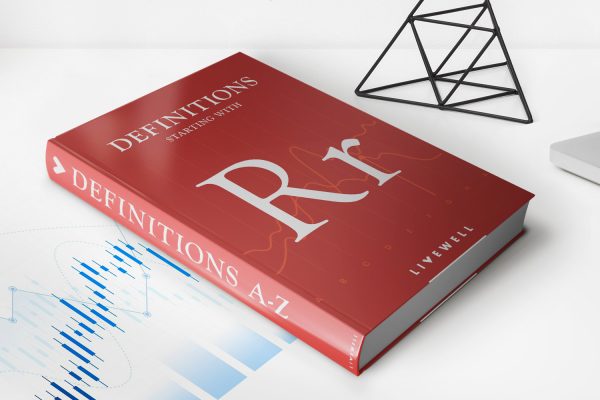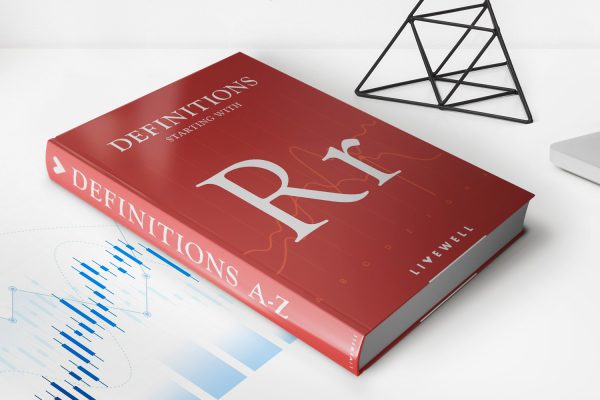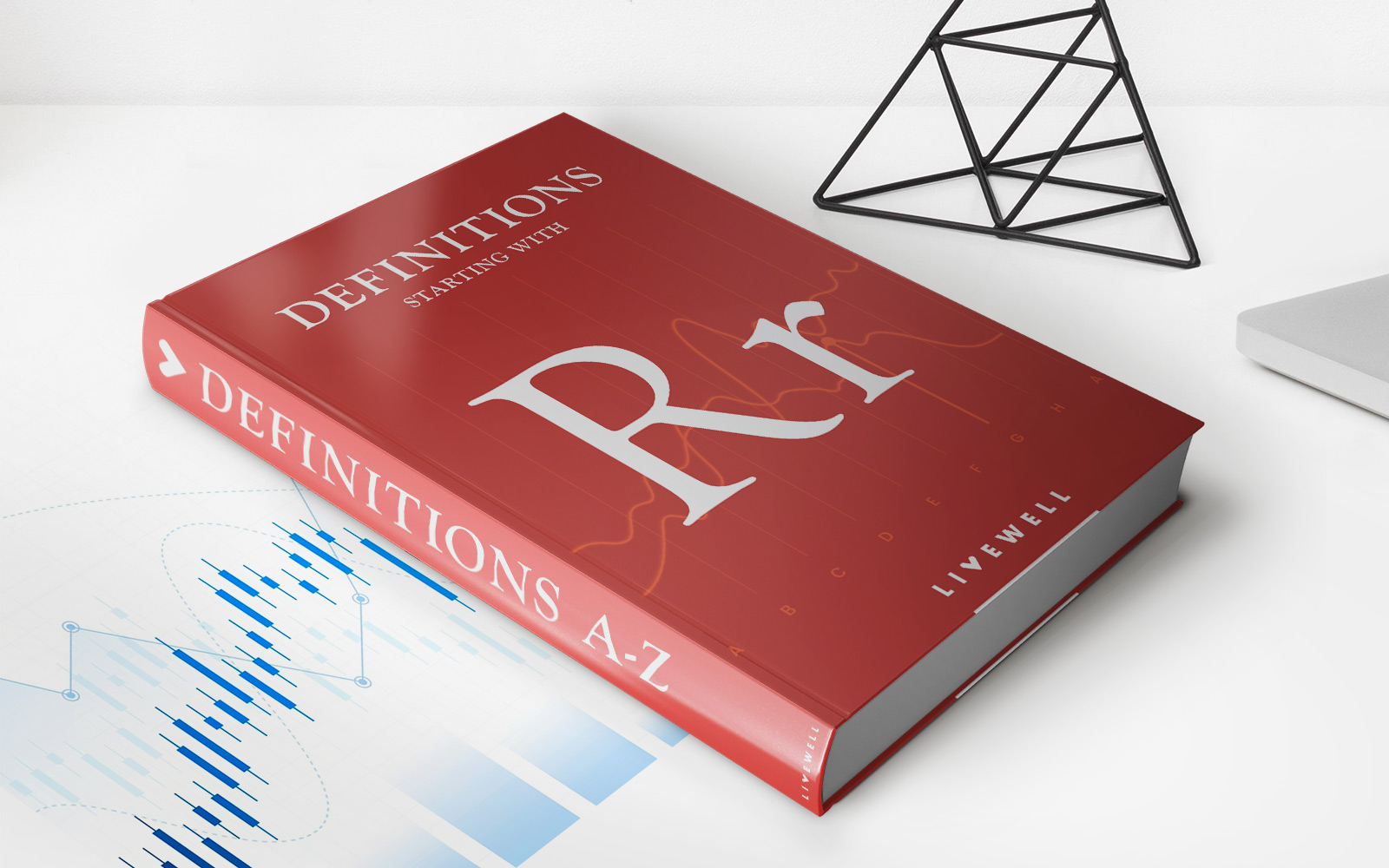Home>Finance>Risk-Weighted Assets: Definition And Place In Basel III
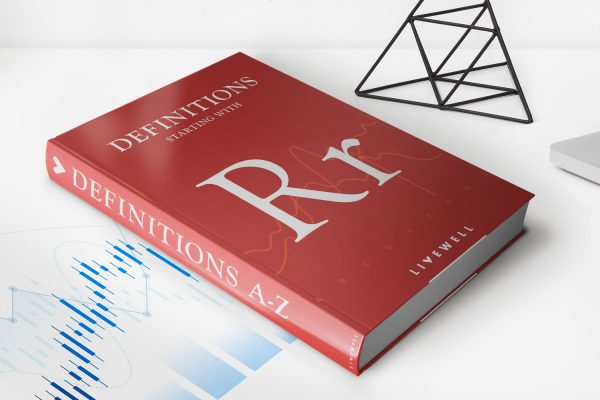
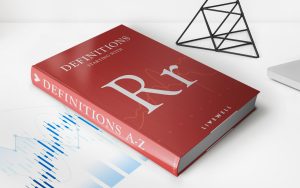
Finance
Risk-Weighted Assets: Definition And Place In Basel III
Published: January 21, 2024
Discover the definition and importance of risk-weighted assets in Basel III. Explore their role in finance and how they impact regulatory capital requirements.
(Many of the links in this article redirect to a specific reviewed product. Your purchase of these products through affiliate links helps to generate commission for LiveWell, at no extra cost. Learn more)
Welcome to our Finance Blog: All About Risk-Weighted Assets
Are you looking for insights into the world of finance? Look no further! In our FINANCE category, we delve into various topics that can help you gain a better understanding of the financial landscape. Today, we will be focusing on Risk-Weighted Assets: Definition and Place in Basel III. Ever wondered how banks calculate the risk associated with their assets? This blog post will provide a comprehensive overview of risk-weighted assets, their importance in the Basel III framework, and how they impact the stability of the banking sector. Let’s dive in!
Key Takeaways:
- Risk-weighted assets (RWAs) are used by banks to measure the potential risk associated with their assets.
- The Basel III framework introduced stricter guidelines for calculating RWAs to enhance the stability and resilience of the banking sector.
Understanding Risk-Weighted Assets
When banks lend money or invest in various assets, they are exposed to certain risks. Risk-weighted assets (RWAs) help banks determine the amount of capital they need to hold as a buffer against potential losses. RWAs assign a risk weight to each asset, reflecting the likelihood of default and the potential loss in case of default. This risk-weighted approach allows banks to allocate capital more efficiently and accurately.
Under Basel III, a global regulatory framework for banks, risk-weighted assets play a crucial role in determining the capital adequacy ratio. This ratio measures a bank’s capital in relation to its risk-weighted assets, ensuring that the bank has sufficient funds to withstand unexpected losses. By encouraging banks to hold adequate capital, the Basel III framework aims to enhance the stability and resilience of the banking sector.
The Importance of Basel III in Risk Management
The Basel III framework introduces stricter guidelines for calculating risk-weighted assets. These guidelines include specific risk weights for different types of assets, taking into account factors such as credit risk, market risk, and operational risk. By using standardized approaches or internal models, banks are required to assess and assign appropriate risk weights to their assets.
By implementing Basel III, regulators seek to achieve several objectives:
- Promote greater transparency: By establishing standardized methodologies for calculating risk-weighted assets, Basel III enhances transparency and comparability across different banks and jurisdictions.
- Enhance risk management practices: The framework encourages banks to improve their risk management practices by accurately assessing the risks associated with their assets and holding sufficient capital buffers.
- Protect against systemic risks: By requiring banks to hold appropriate capital in relation to their risk-weighted assets, Basel III aims to protect the banking sector and the overall economy from systemic risks.
In conclusion, risk-weighted assets are a fundamental concept in the banking industry. They help banks assess and allocate capital based on the risk profile of their assets, ensuring stability and resilience. Basel III provides a framework that enhances risk management practices and strengthens the banking sector. Understanding the role of risk-weighted assets and the Basel III guidelines is essential for anyone interested in finance and the global economy.
We hope this blog post has provided you with valuable insights into risk-weighted assets and their place in Basel III. Stay tuned for more informative content in our Finance category, where we explore various topics to empower you with financial knowledge. If you have any questions or suggestions, feel free to reach out to us!



